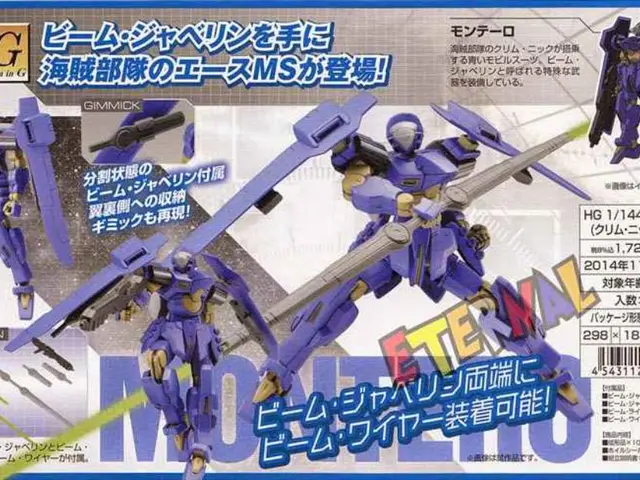U.S. Arms Trade Negotiations Linked with Tariff Discussions
Fresh Take:
The upcoming negotiations between a Thai delegation and US officials could shape Thailand's military arsenal, according to Defense Minister Phumtham Wechayachai. The talks on Wednesday, focusing on tariffs on Thai exports, might pave the way for potential arms deals.
One of the hot topics under discussion is the Thai Air Force's jet fighter procurement plan. Speculations have been rife about Thailand potentially switching from Swedish-made Gripen to US-made F-16 fighter jets. However, Minister Phumtham seems skeptical about the US tariff measures significantly impacting this decision.
Financial concerns and loan terms have emerged as potential hurdles in procuring F-16 jets. One of the conditions for acquiring F-16 jets is obtaining loans from the US, which, according to Phumtham, could be an unconventional move, given Thailand's financial constraints.
While the country is considering its options, the air force's planned procurement of Gripen jets is not yet approved by the cabinet. Previously, the US had proposed a 12-year 4.5% interest rate for Thailand to procure up to 16 fighter jets.
The aging C-130 aircraft fleet may also require replacement, although specific plans are yet to be confirmed. The army's plan to procure Stryker armored vehicles from the US is not finalized.
Thailand appears to favor the cost-effective Gripen E/F jets, with procurement already underway for 4–12 aircraft under the 2025–2026 budgets. No final contract has been signed, but the process is advanced. Saab expects Thailand to finalize Gripen E/F orders in 2025, with deliveries likely starting in the late 2020s.
This strategic pivot in defense procurement underscores Thailand’s balancing act between cost, interoperability, and geopolitical relationships. The outcomes of the US-Thai talks, tentatively set for April 23–24, 2025, may influence the trajectory of defense cooperation between the two nations.
- The Thai Air Force's Jet Fighter Procurement plan, initially associated with Swedish-made Gripen jets, may face a shift towards US-made F-16 jets, a move that seems unlikely to be significantly influenced by US tariffs, according to Defense Minister Phumtham Wechayachai.
- With financial concerns surrounding potential loan terms for F-16 jets, Thailand's acquisition of US-made planes might be an unconventional move, considering the country's financial constraints.
- General-news outlets have reported that the ongoing US-Thai negotiations, focusing on tariffs and other aspects, could shape the trajectory of defense cooperation and influence the balance between cost, interoperability, and geopolitical relationships.
- In light of the potential implications of the US-Thai talks, the business and finance sectors are closely monitoring the discussion's outcome, as it may drive strategic decisions regarding Thailand's military arsenal, specifically the purchase of Thai C-130 aircraft or US Stryker armored vehicles.
- Crime-and-justice agencies remain vigilant about potential illicit activities that could arise in the context of international negotiations, especially the upcoming US-Thai talks, given the significant impact these negotiations may have on numerous aspects of Thailand's defense, politics, business, and finance sectors.








